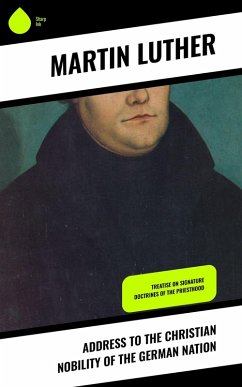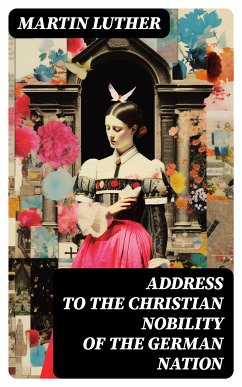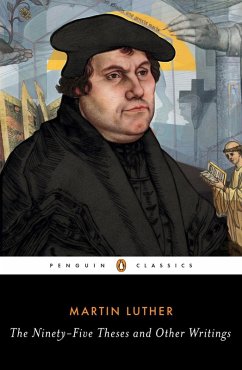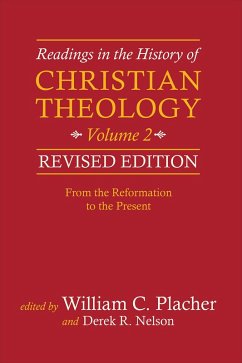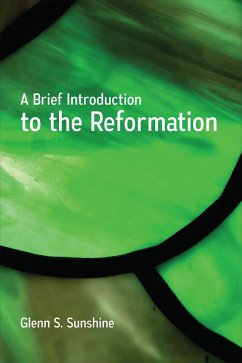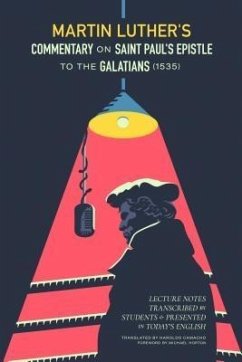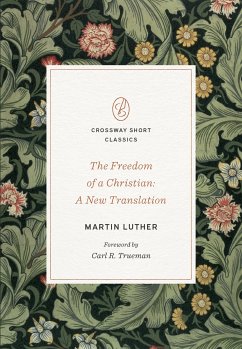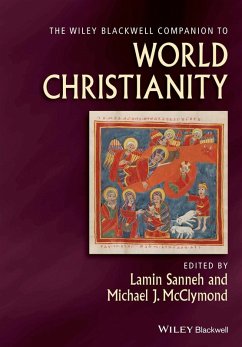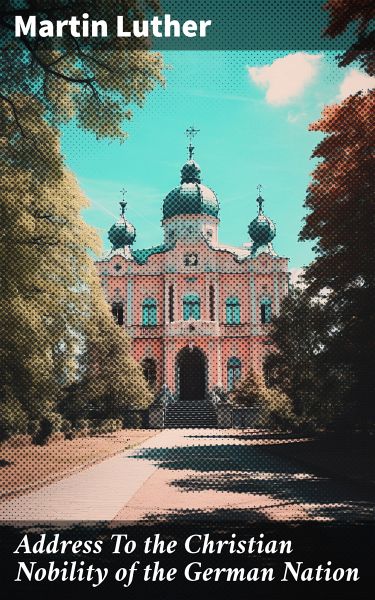
Address To the Christian Nobility of the German Nation (eBook, ePUB)
Enriched edition. Treatise on Signature Doctrines of the Priesthood
Kommentar: Hardwick, Spencer / Redaktion: Good Press / Übersetzer: Buchheim, C. A.
Versandkostenfrei!
Sofort per Download lieferbar
1,99 €
inkl. MwSt.
Weitere Ausgaben:

PAYBACK Punkte
0 °P sammeln!
In "Address To the Christian Nobility of the German Nation," Martin Luther intricately weaves theological arguments and political critique, compellingly urging the noble class to reestablish the integrity of the Church and society. Written during the early Reformation, this seminal work is marked by a straightforward, accessible style that resonates with both the educated elite and the common populace. Luther employs a bold and direct rhetoric, calling for the abolition of clerical abuses and advocating for a clergy that is answerable to civil authorities, thus elevating the role of lay Christ...
In "Address To the Christian Nobility of the German Nation," Martin Luther intricately weaves theological arguments and political critique, compellingly urging the noble class to reestablish the integrity of the Church and society. Written during the early Reformation, this seminal work is marked by a straightforward, accessible style that resonates with both the educated elite and the common populace. Luther employs a bold and direct rhetoric, calling for the abolition of clerical abuses and advocating for a clergy that is answerable to civil authorities, thus elevating the role of lay Christians in ecclesiastical matters. This address not only reflects the tumultuous socio-political landscape of 16th-century Germany but also articulates a vision for spiritual and institutional reform that transcends mere religious boundaries. Martin Luther, a seminal figure in Western history, was driven by a combination of personal conviction and scholarly inquiry, factors that culminated in this influential text. Having experienced the ecclesiastical corruption firsthand and deeply influenced by the theological doctrines emerging from his studies, Luther's passionate advocacy for a reformed Christian faith was underscored by his commitment to biblical authority. His revolutionary ideas challenged the status quo, positioning him as a catalyst for change that reshaped the religious and political landscapes of Europe. "Address To the Christian Nobility of the German Nation" is essential reading for anyone interested in the foundations of modern Christianity and the interplay of faith and governance. Scholars and novices alike will appreciate Luther's incisive critique of institutionalized power and his call for moral and spiritual renewal. This work serves not only as a historical document but also as a source of inspiration for contemporary discussions on faith and leadership. In this enriched edition, we have carefully created added value for your reading experience: - A succinct Introduction situates the work's timeless appeal and themes. - The Synopsis outlines the central plot, highlighting key developments without spoiling critical twists. - A detailed Historical Context immerses you in the era's events and influences that shaped the writing. - An Author Biography reveals milestones in the author's life, illuminating the personal insights behind the text. - A thorough Analysis dissects symbols, motifs, and character arcs to unearth underlying meanings. - Reflection questions prompt you to engage personally with the work's messages, connecting them to modern life. - Hand-picked Memorable Quotes shine a spotlight on moments of literary brilliance. - Interactive footnotes clarify unusual references, historical allusions, and archaic phrases for an effortless, more informed read.
Dieser Download kann aus rechtlichen Gründen nur mit Rechnungsadresse in A, B, BG, CY, CZ, D, DK, EW, E, FIN, F, GR, H, IRL, I, LT, L, LR, M, NL, PL, P, R, S, SLO, SK ausgeliefert werden.






